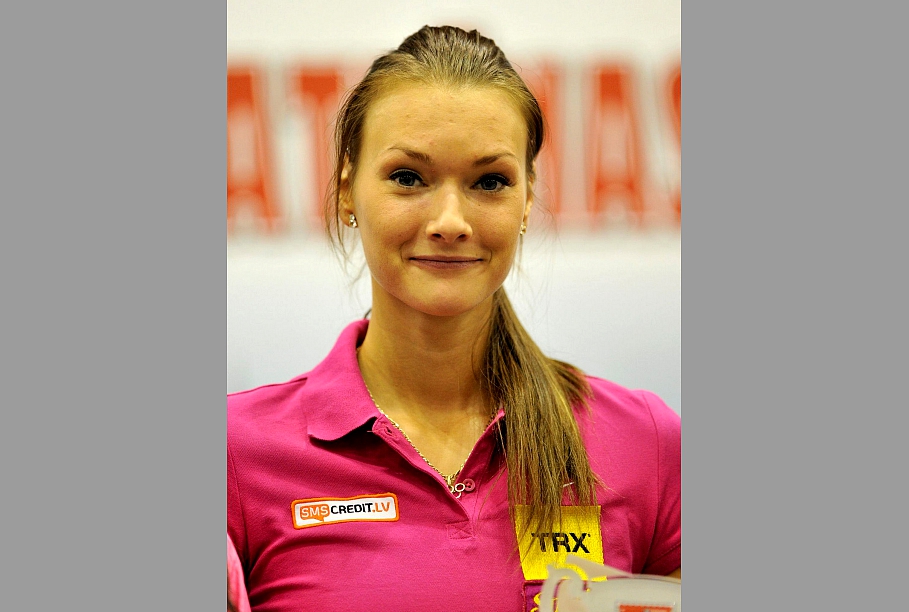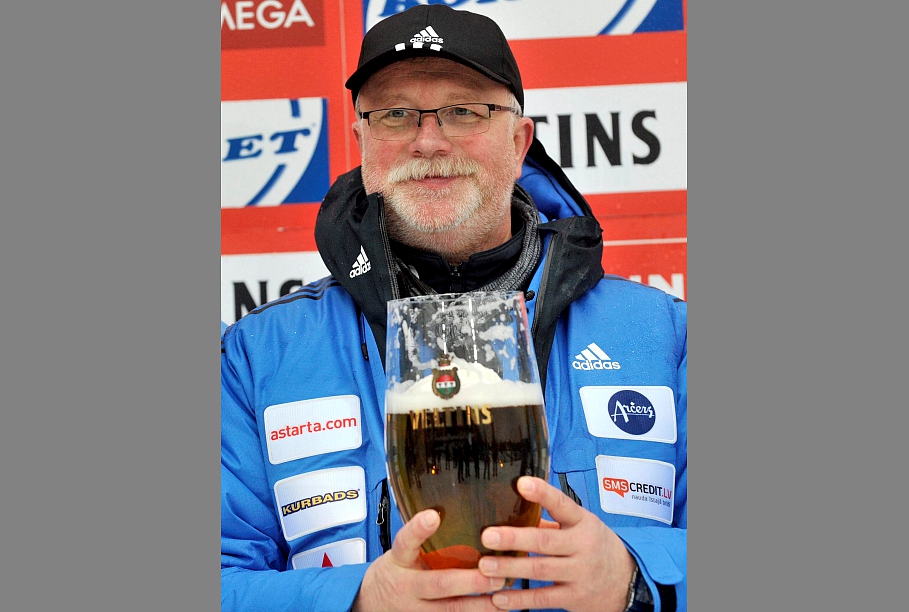The largest of the non-bank lenders are currently amongst the most generous sponsors of athletes, but some have stated publicly that their ability to do so would be severely curtailed if the amendments are passed into law.
However, consumer protection advocates insist that protecting the rights of borrowers is more important than protecting sports sponsorships.
Jānis Andžāns of short-term loans market leader 4finance said that sports stars have received more than a million euros in support from the sector over the last three to four years.
This year’s state budget allocations to athletic programs totaled more than 30 million euros, by comparison.
Among the athletes lodging their concerns formally with Saeima, track and field star Laura Ikauniece-Admidiņa said she needs the sponsors’ support because “we have to travel to training camps and they help us pay for the costs, for which we are grateful.”

The skeleton superstar family Dukurs has also chimed in to the debate, as the dynasty’s coach and patriarch Dainis Dukurs said he sees nothing punishable in the quick-loans business because people are free to choose whether or not to borrow.

“We’ve lost one sponsor each this year from Russia, Switzerland, Germany. To stay on the top you have to work very, very hard. Because we’re technical athletes with specialized gear we need to train sooner, regardless against whom we compete. The costs are higher and the burden will be much heavier if the companies can’t afford to support us,” Dukurs explained.
Meanwhile the Saeima commission in charge of the amendments plans to cap the maximum interest and late fees, as well as provide for more strict supervision of the short-term lenders.
Consumer Protection Agency head Baiba Vītoliņa expressed incomprehension of the athletes’ position.
“First of all, I don’t believe the amendments have anything to do with whether or not these athletes get sponsorships,” she began.
“I think it’s disingenuous for the athletes to make such remarks when all the deputies want to do is protect consumers, especially those who aren’t the wealthiest and who shouldn’t be expected to have to sponsor sports stars,” she said.
“In that case you could argue that we need to legalize narcotics or lift taxes off of alcoholic beverages so that merchants can earn more and be able to sponsor the sports scene,” she argued.
Last week BMX gold medalist Māris Štrombergs and coach Ivo Lacučs sent a letter to all of the Saeima political factions expressing concern over the draft amendments to the Consumer Protection Law, which still has to be heard in its third and final reading.



























